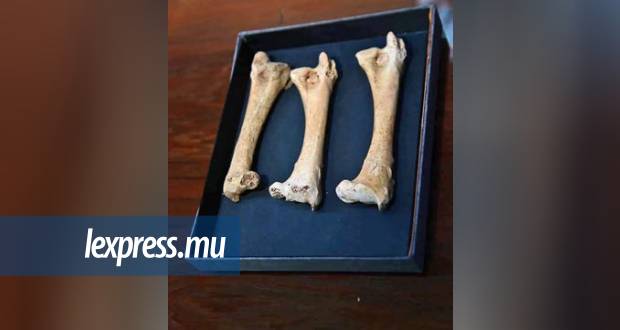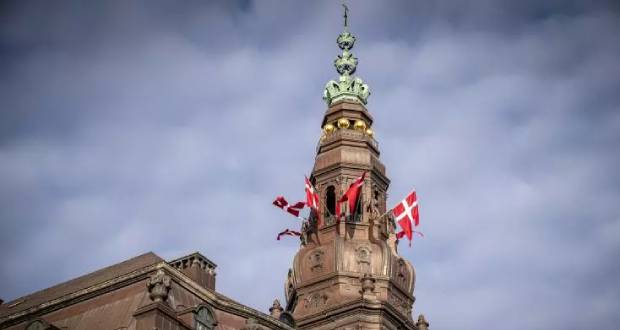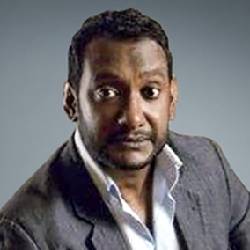Publicité
Unsung Heroes of our Public Service
Par
Partager cet article
Unsung Heroes of our Public Service
In August 2022, Rattan Gujadhur received a direct call from Dev Manraj while still in the U.S. The financial secretary introduced himself simply as “Manraj.” “You didn’t waste time on formalities and went straight to the point,” Gujadhur recalls. “What must we do to kick-start a thriving biotechnology sector in Mauritius? What must we do to boost pharma and biotechnology jobs in the country?”
Manraj continued, “Now, you explain to me what you propose and send me your plan by tomorrow.”
During their discussions, Gujadhur was struck by Manraj’s “vast oceanic knowledge, mixed with a beautiful impatience to see actions and results unfold ‘now.’”
Reflecting on Mauritius’ history, we owe a great debt to the public servants who navigated the treacherous waters of decolonization, guiding the country from colonial rule to a beacon of independence. Their story is one of resilience, ingenuity, and unwavering dedication to the nation’s future.
One such inspiring figure is the late Sir Dayendranath Burrenchobay, the first Mauritian to hold the position of permanent secretary and secretary to the Council of Ministers. Similarly, Sir Harry Tirvengadum, who later led Air Mauritius, fondly recalls his early days in the Ministry of Communications, where he and his colleagues faced the daunting task of steering the nascent Mauritian state.
The challenges in those early years were monumental. Agriculture, the sole economic activity, struggled to support a burgeoning population, especially as the island faced relentless natural disasters like cyclones and droughts. Socially, the scene was dire with rampant unemployment and acute inter-community tensions. Albert Jupin de Fondaumière, then Assistant Commissioner of Police, recalls mobilizing all forces to quell tensions before Independence, despite the police force’s limited numbers but formidable reputation.
Foreign experts predicted ethnic conflicts due to scarce resources, casting a shadow over the departing British administrators. Yet, this forecast only galvanized the local officials. They were not simply managing a colony anymore; they were building a nation. Mauritius was blessed with exceptional civil servants at this crucial juncture, such as Freddy Parfait, Madhukar Baguant, and France Empeigne, to name a few.
These men and many others shared a singular ambition for their country. The public service was the only viable career path for the intellectual elite of Mauritius, given the nascent private sector’s lack of opportunities. The colonial powers, preparing for independence, trained the best cadres in British institutions. Harry Tirvengadum recalls the invaluable education he received alongside Robert Honoré and Chitmansing Jesseramsing at Oxford, learning the intricacies of administration and development economics.
A burgeoning population posed another significant concern. While contraception was suggested, it faced resistance, notably from the Catholic Church. The Mauritius Family Planning Association, founded by volunteers like Leckraz Teelock and Balmick Naïk, supported the state’s efforts in educating the public, significantly contributing to national development.
Yet, planning remained an unknown domain. Dr. Om Prakesh Nijhawan from India helped establish the first Planning Bureau, laying the groundwork for future development. Despite all efforts, unemployment persisted, prompting regular brainstorming sessions to spur new ideas. Benoît Arouff, then Secretary for Industrial Development, noted that incentives for investors were not yielding the desired results due to the limited local market.
Risk-takers like Kanta Ramphul and the Dookun brothers ventured into non-agricultural enterprises, but the real salvation lay in exports. Despite skepticism from figures like Alan Bates, a British financial secretary, Mauritian officials pressed on. Collaborations with local experts like Edouard Lim Fat and José Poncini led to the establishment of a manufacturing free zone, attracting businesses like Suzy Toys, Resultant Ltd, Floreal Knitwear, Micro Jewels and Bonair.
The diplomatic front also demanded visibility. Pioneering diplomats such as Raymond Chasle and Chitmansing Jesseramsing, along with others like Armand Maudave and Joseph Tsang Mang Kin, worked tirelessly to put Mauritius on the global map. Their efforts secured bilateral agreements and multilateral conventions, crucial for the nation’s progress.
However, the public service’s journey wasn’t without internal strife. Early on, British officer Freebairn Liddon Simpson epitomized strict discipline, a legacy that shaped the respect and efficiency of the era’s civil servants. Over time, however, political influences infiltrated the public service, undermining its integrity. Political patronage and corruption eroded the foundations built by the early public servants.
As we honor the legacy of those who paved the way for an independent Mauritius, it’s clear that restoring the public service’s independence and meritocracy is essential for future transparency, innovation, and productivity. This begins with depoliticizing the system and reaffirming the principles of merit at its core.
Publicité
Les plus récents






